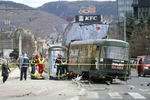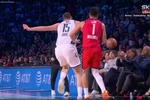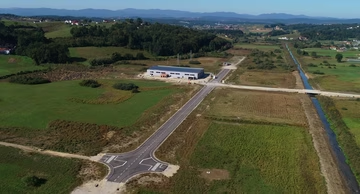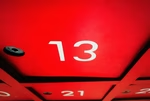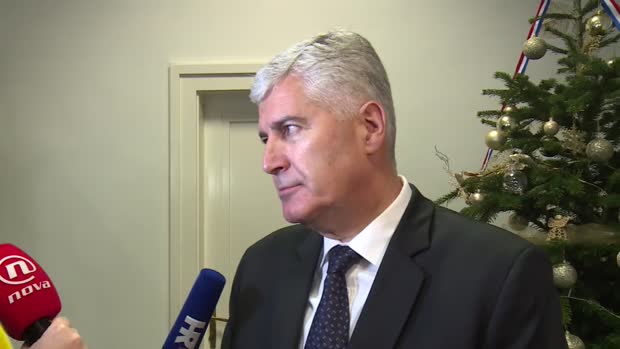
The foreign administrators the international community has been naming to ensure the implementation of the 1995 Dayton Peace Agreement have “disfigured Bosnia” with their decisions, said former Presidency member and leader of the main Bosnian Croat ethnic-oriented party on Tuesday.
The leader of Bosnia’s Croat Democratic Union (HDZ), Dragan Covic, reacted to a letter three former High Representatives in Bosnia sent to top EU officials where they criticise Croatia for “meddling in the political affairs” of Bosnia and Herzegovina.
“It is clear that Bosnia and Herzegovina has been disfigured by the decisions High Representatives have made. Hundreds of them were imposed through constitutional resolutions within Bosnia and Herzegovina, without passing the parliamentary procedures,” Covic said, adding that those solutions failed in the country.
“We should not apply their failures,” he added.
The three former High Representatives, Paddy Ashdown, Christian Schwarz-Schilling and Carl Bildt, expressed concern over Croatia’s campaign in the EU.
Croatia has been complaining in Brussels about the election of left-leaning Zeljko Komsic as the Bosnian Croat representative in the country’s tripartite Presidency, saying the numerically dominant Bosniaks had elected him, while Bosnian Croats had overwhelmingly voted in October for Covic.
Bosnia’s HDZ is a sister party of the ruling party in Croatia, which carries the same name.
The EU Foreign Affairs Council should send a “clear message” to political parties and “those interfering from outside the country” that any electoral reform should aim to make Bosnia more cohesive and functional rather than dividing it further along ethnic lines and that Croatia should not interfere in Bosnia’s affairs, the three wrote.
Croatia’s Prime Minister on Saturday dismissed the letter, saying it was put together by “retirees” and that he will not back down from pursuing the issue, while an organisation of Bosnian Croat parties said that the three were “lobbying” for Bosniaks.
Covic reiterated the stance of Croatia and Bosnian Croat parties, saying that the border between the two countries is more than 1,000 kilometres long and that the 1995 Dayton Peace Agreement obligates its signatory, Croatia, to act in Bosnia.
Covic said it was good that the Croatian Parliament is addressing the issue, referring to a Declaration on the position of Croats in Bosnia which is to be discussed in Croatian parliamentarians on Wednesday.
The Declaration calls upon Bosnia to change its Election Law in order to provide the country’s Croats with “equal rights.”
“I hope that we will get strong support for Bosnia and Herzegovina’s path toward EU and NATO with the complete equality of constitutional peoples in Bosnia and Herzegovina,” Covic said.
“The least numerous peoples (Bosnian Croats) lead most of the projects protecting Bosnia and Herzegovina and deserve a strong declaration in the Croatian Parliament,” he added.
Covic also said that he spoke to Hungary’s Prime Minister Victor Orban about the status of Croats in Bosnia.
“I informed him in detail on what the problem in Bosnia and Herzegovina is,” he said, reiterating that the civic, one-person-one-vote concept cannot be applied in Bosnia.
Kakvo je tvoje mišljenje o ovome?
Učestvuj u diskusiji ili pročitaj komentare





 Srbija
Srbija
 Hrvatska
Hrvatska
 Slovenija
Slovenija















